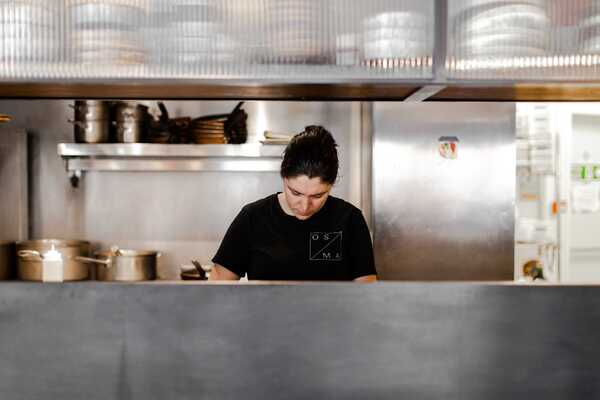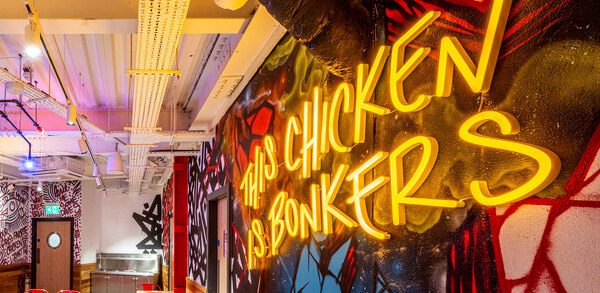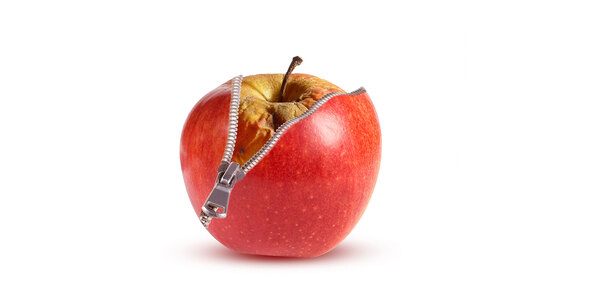Operator's should ‘remain agile' as we approach Brexit, buying expert says
Operators should remain agile as we approach Brexit and show customers its "business as usual" across the sector, according to buying specialist Lynx purchasing.
Managing director Rachel Dobson said: "In the current market, it can feel like a challenge to try and focus past the potential for supply chain disruption over the coming months, and onto the long term but that's exactly what we're encouraging hospitality businesses to do.
"One of the most important issues around Brexit, and one that is most difficult for operators to address directly, is consumer confidence. Consumers need to feel able to commit their disposable income to going out to eat and drink, and a clear message from the industry that, as far as possible, it's business as usual, will help."
As we approach the Brexit deadline with no deal yet agreed the purchaser said that British produce is likely to be the least effected, but increased demand could impact price. Operators are urged to remain agile and work closely with their suppliers.
Dobson added:**"**High quality British produce coming into season this spring includes rhubarb, asparagus, and Jersey Royals. While higher demand may push up prices, we're encouraging our customers to buy British wherever possible, and to make the most of produce when it's at its best in terms of price, quality and availability.
"Operators who can adapt recipes and menus will be best place to make the most of seasonality. These are simple measures that help operators deal with any short-term challenges in the supply chain, and also support sustainability."
Lynx's spring forecast advice includes:
Beef: The arrival of the barbecue season from Easter onwards will see an increase in the demand for burger cuts from the beef forequarter, as well as continuing demand for steaks, Round cuts such as topsides and silversides are likely to be better value.
Fish: Wild brill, turbot, monkfish and hake caught in UK waters should be plentiful, weather and tides permitting. Plaice will also be in good condition after the spawning season, from April onwards, while wild bass, skate and mullet should be avoided because of sustainability issues.
Potatoes: The 2018 potato crop was poor due to the weather and led to a number of quality issues. While supplies are likely to last until the new season, larger potatoes such as bakers will be in shorter supply and so likely to cost more.
Salads: March sees the arrival of Dutch salad crops such as cucumbers, peppers and tomatoes, which gradually replace Spanish stocks as they come to the end of their season. The UK market is important to these producers, and any supply or currency issues caused by Brexit will be a challenge on both sides.
Best of British: adopting a sustainable approach to produce >>
Time to Brexit-proof your business >>
Get The Caterer every week on your smartphone, tablet, or even in good old-fashioned hard copy (or all three!).




















